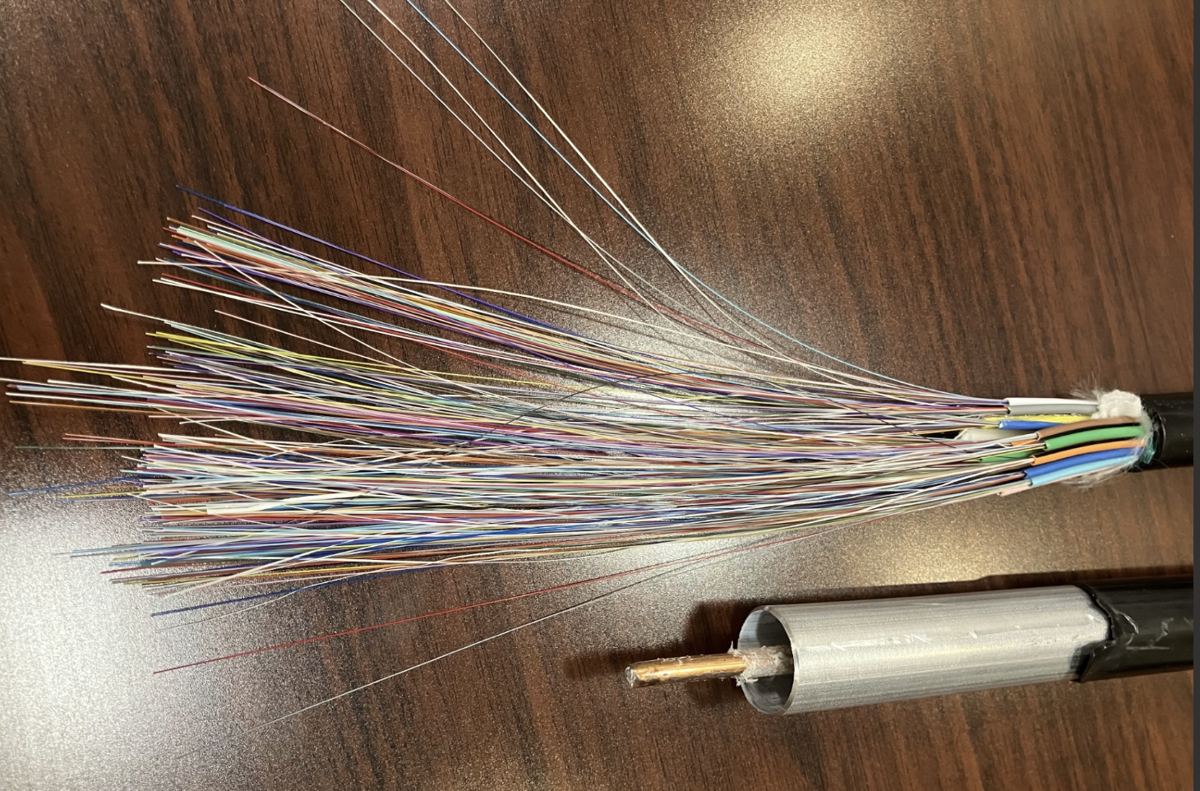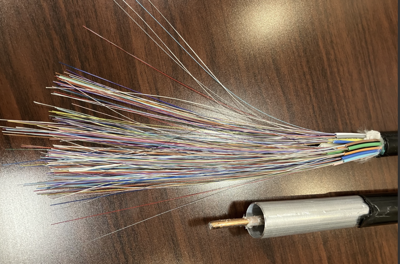What if hundreds of thousands of Missourians had no way to call 911? What if they had no internet, no dial tone, and no cell service to reach the police or fire department? And what if one of the military bases in Missouri was suddenly cut off from the outside world, putting our national security at risk?
These are not hypothetical questions. In June, in California, criminals cut 13 fiber-optic cables in the Los Angeles area. More than 50,000 residents lost access to phone and internet services. So did 911. So did emergency dispatch centers and public safety departments. Even a military base was impacted. This isn’t just vandalism — this is a new form of domestic terrorism.
And it could easily happen right here in Missouri. In fact, similar crimes are already happening far more often than people realize. And the threat is growing worse with every passing week.
People are also reading…
Since the start of this year, we have documented more than 148 outages caused by felony criminal attacks on our infrastructure in Missouri. That’s a 200% increase compared to the same period last year. In Kansas City this May, criminals cut multiple fiber optic lines in different locations, causing outages affecting more than 200,000 residents and businesses. One of those cuts occurred within two and half miles of five previous cuts experienced this year. Customers were cut off from emergency services: a police department, an ambulance service, hospitals and other government facilities lost vital connectivity.
This is not just a Spectrum problem; it’s a growing threat to the entire industry and the communities we serve. In the last six months of 2024, telecommunications companies experienced nearly 6,000 similar incidents nationwide affecting over 1.5 million customers and resulting in millions of dollars in damage and repairs.
So why is this happening?
In many cases, Criminals are looking for copper to steal, although the fiber optic cables most often being cut don’t contain copper. By the time they realize there’s nothing to steal, the damage is already done, and they have put lives at risk.
But this shouldn’t happen at all. Policymakers at every level of government can do more. Missouri state and local leaders have already taken the first steps.
In 2019, Missouri passed a law making intentional damage to communications infrastructure a felony, punishable with up to seven years in prison and a fine up to $10,000 (a Class D Felony). That’s a meaningful deterrent. And state and local law enforcement agencies in Missouri have been essential partners in responding to these crimes and working to track down perpetrators.
Additional progress is being made in California, where a number of jurisdictions are more consistently inspecting recycling centers while city attorneys make clear that there will be consequences if these centers take in stolen copper wires. Recent engagement with recyclers in California has led to an increase in workable leads for investigations and arrests. To build on this success, the industry is working with law enforcement in other states to enact similar processes, create task forces to help fight this growing threat, and ensure recycling centers follow rules regarding stolen materials.
As investigations yield results, stronger enforcement is still needed — especially from prosecutors. It is vital they use every tool at their disposal to ensure the perpetrators face serious consequences. If these criminals believe they can act with impunity, this wave of destruction will only escalate.
At the federal level, Congress must also act. Currently, federal law explicitly criminalizes only attacks on government-owned communications systems. To correct this, the industry is pushing Congress to pass H.R.2784, the Stopping the Theft and Destruction of Broadband Act of 2025. It’s time to pass a law making this a felony crime nationwide.
The need to act is urgent. Every day that passes without action is a day our emergency services — our national security — remains vulnerable.
This is not a partisan issue. It’s a matter of public safety, economic stability, and in many cases, life or death. This is not just about missed calls or disrupted streaming. This is about ensuring families can reach 911 in an emergency, that hospitals stay connected to life-saving technology and information, and that our communities’ function safely and securely.
Missourians can help too. If you see suspicious activity near telecommunications infrastructure immediately report it to the police or contact Spectrum at 833-404-TIPS (8477). Spectrum is offering up to a $25,000 reward for information regarding these attacks that leads to an arrest.
What’s happening across Missouri — and the rest of America — is a direct threat to families, businesses, and our way of life. Missouri families deserve better. And it’s time for policymakers and prosecutors to do everything in their power to keep this state and its people safe.















